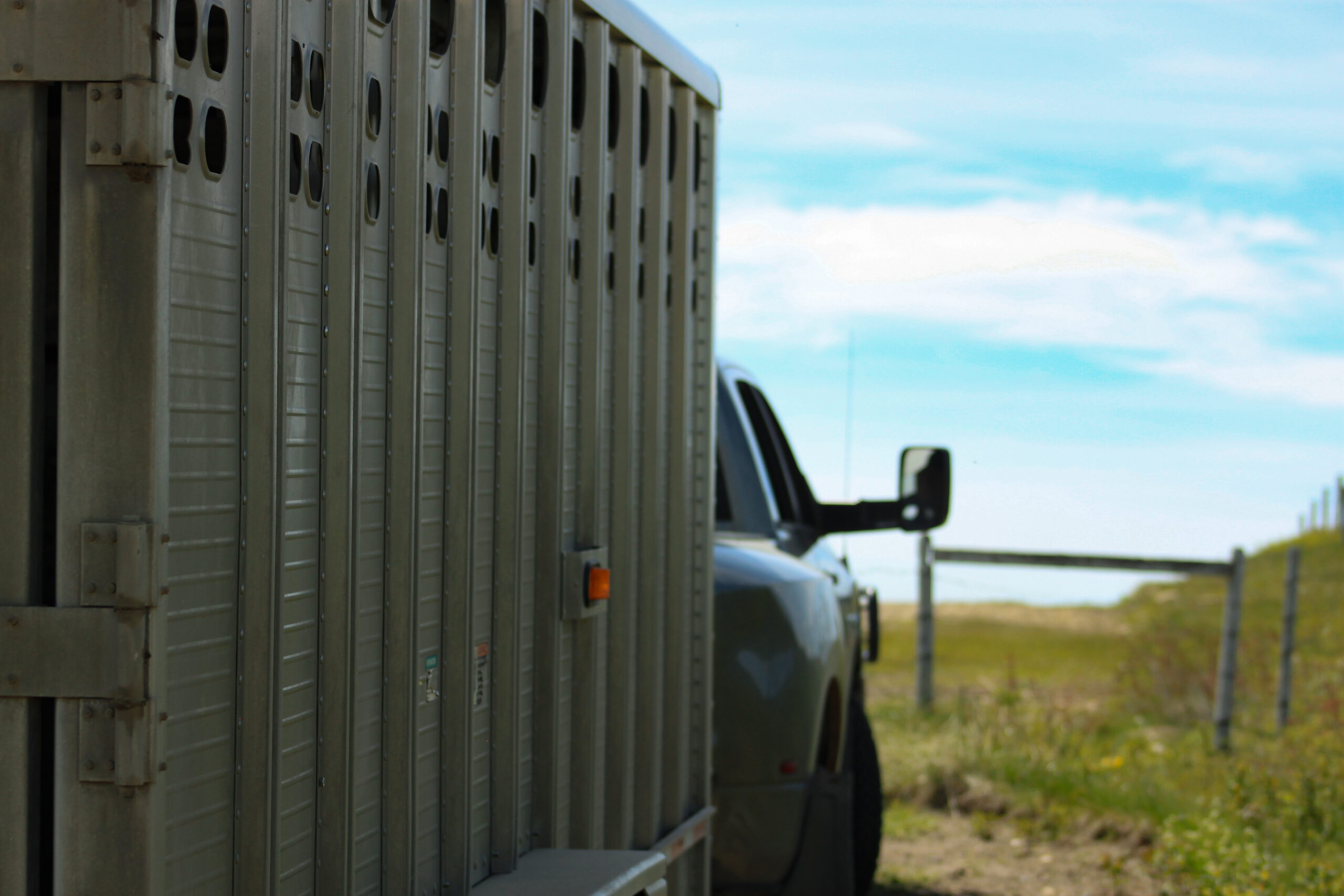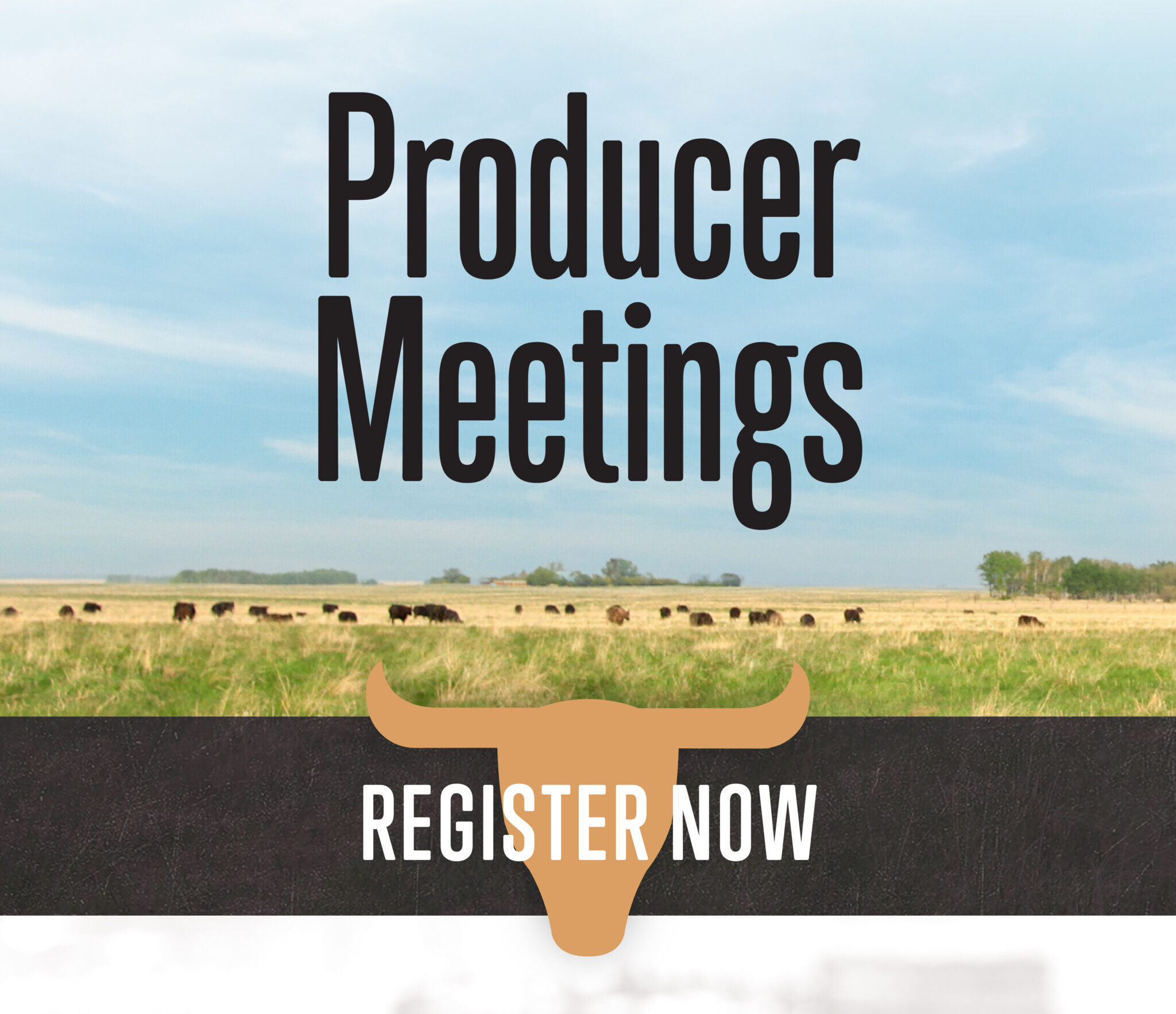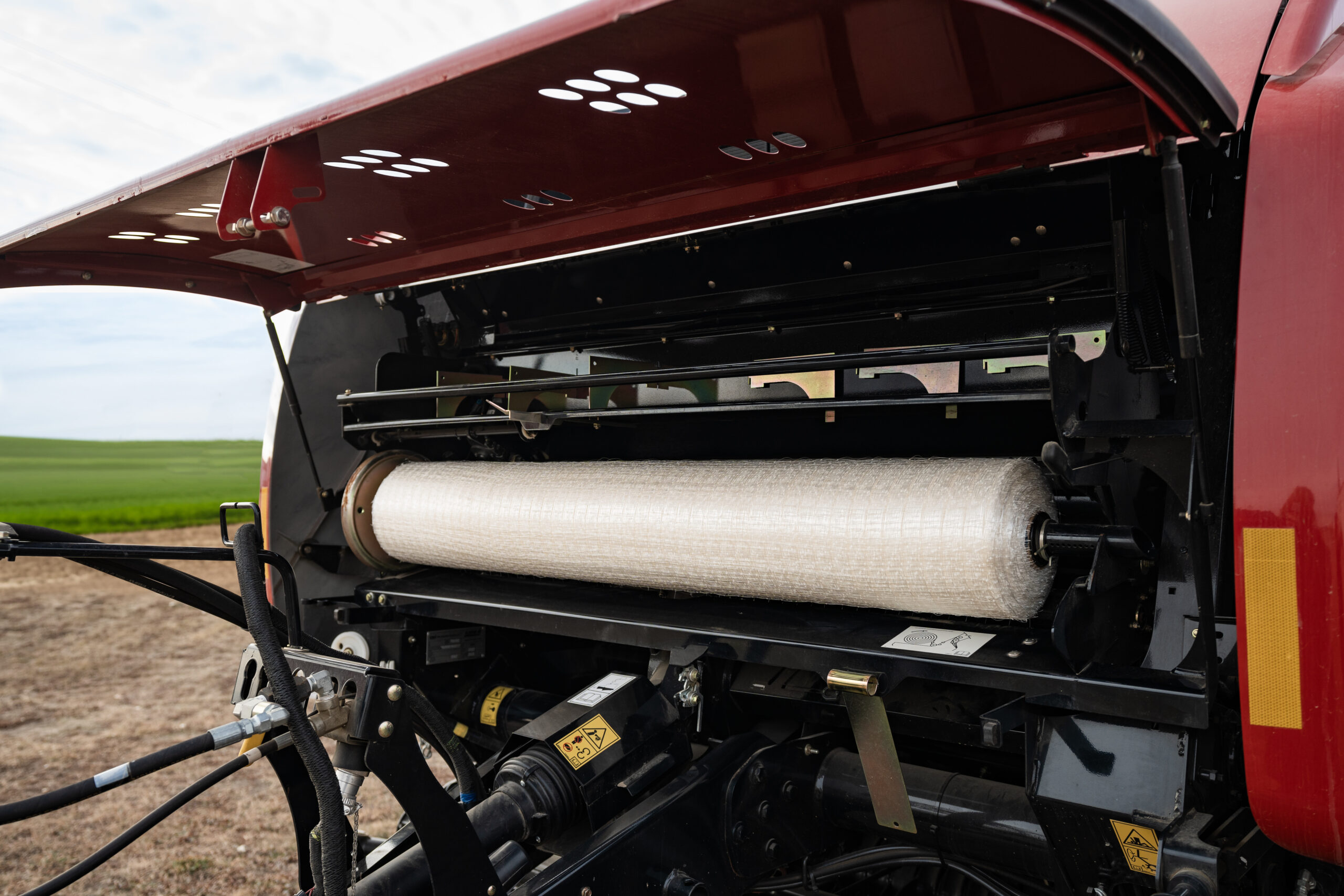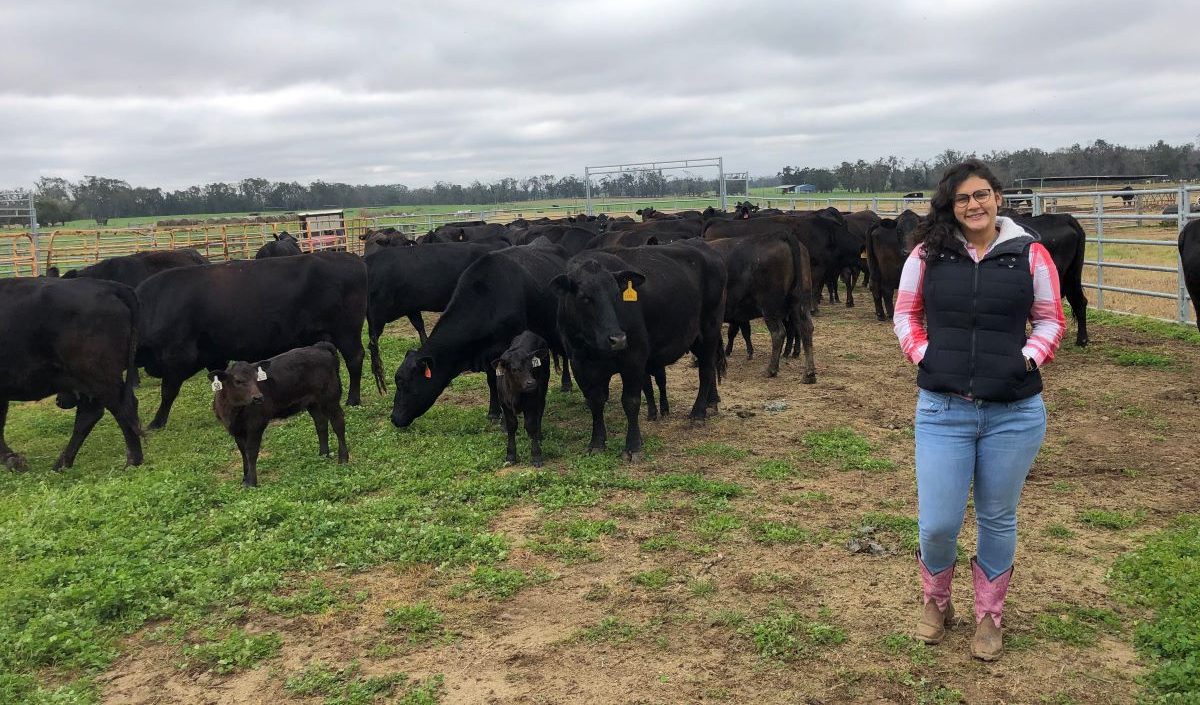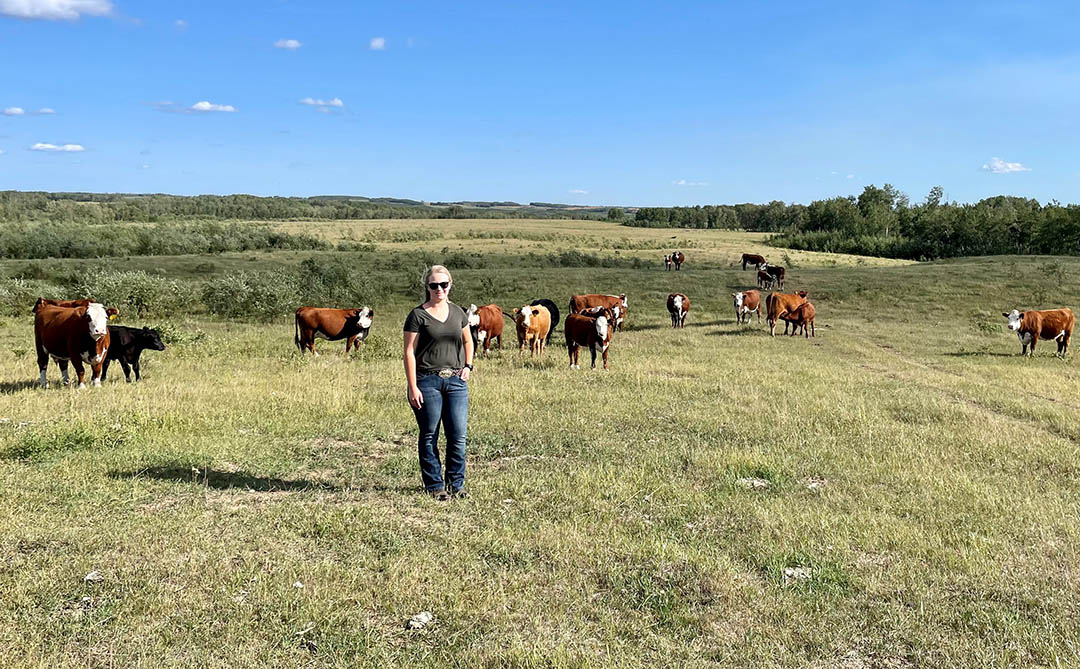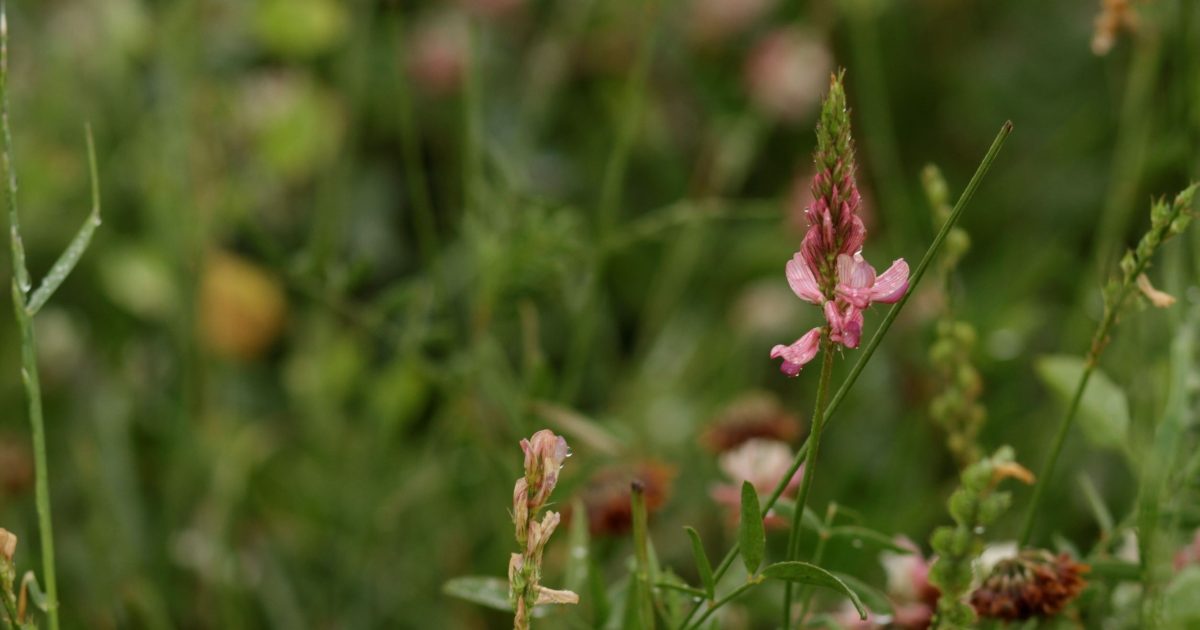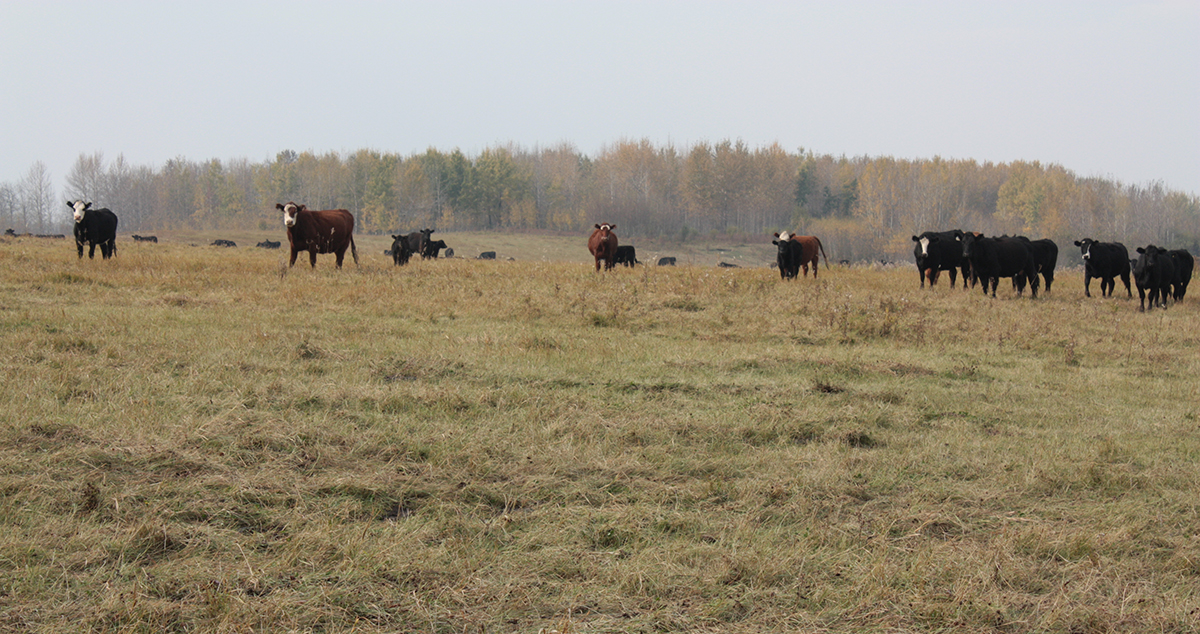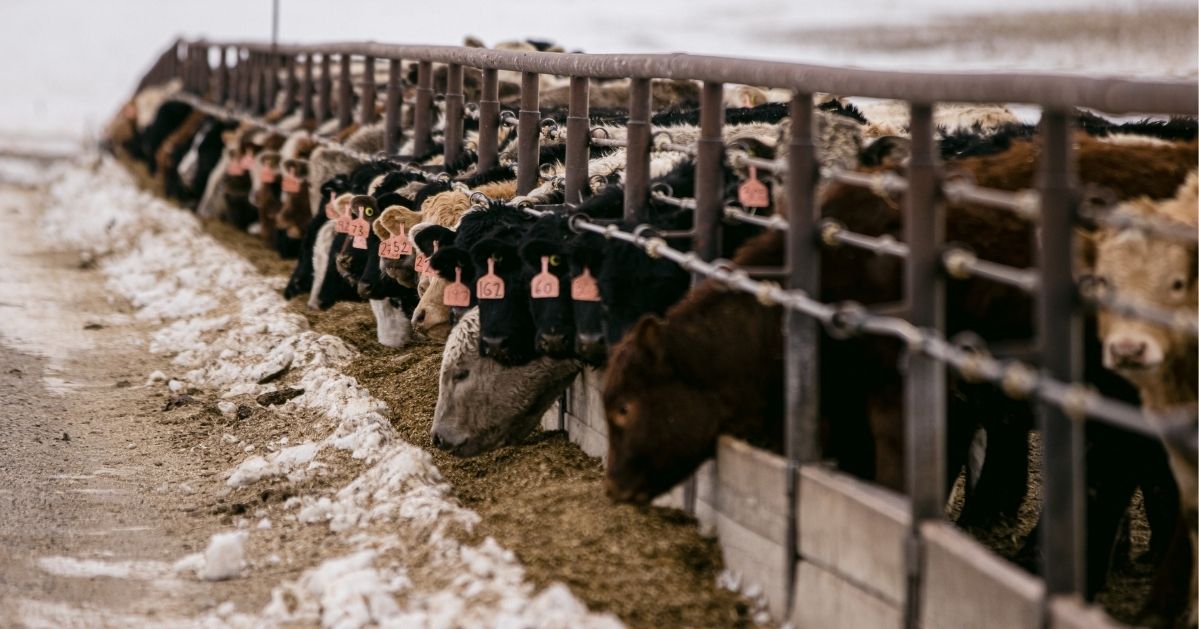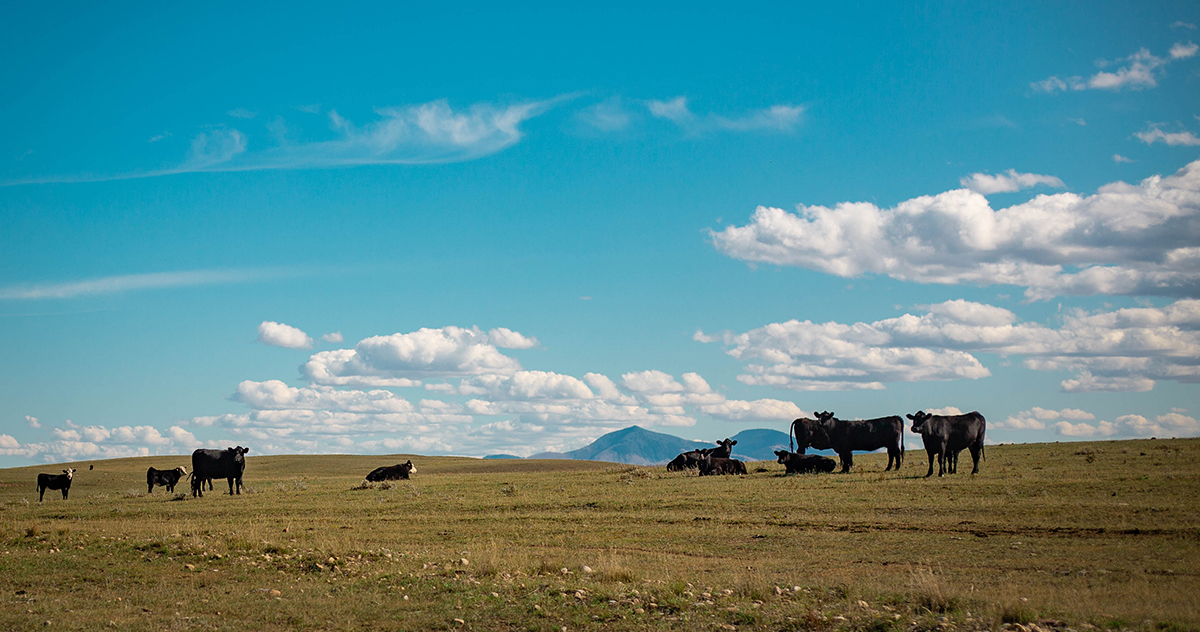AB Direct - Steers
Rail: 520.00 del
AB Direct - Heifers
Rail: 520.00 del
US Trade- Steers
Rail: ---
US Trade - Heifers
Rail: ---
Canadian Dollar
0.06
Research Update: Five projects receive funding in 2023
Proposals are received through the Agriculture Funding Consortium, undergo a scientific technical review, and then are evaluated by the producer representatives on the ABP research committee. Decisions are guided by the Five-Year Canadian Beef Research and Technology Transfer Strategy and consider scientific merit as well as benefits for the beef sector in the short, medium…
ABP Research Showcase Highlights | Connecting feed efficiency to weather resilience
This is the first in a series of articles highlighting a selection of ABP-supported research projects that were featured at our Research Showcase in February 2023. When Gleise Medeiros da Silva arrived at the University of Alberta after finishing her Ph.D. in Florida, she was frequently asked how she would survive Edmonton’s frigid winters. This…
Revving up the research for 2023
ABP’s producer-led Research Committee has a small internal research budget that is allocated to projects submitted through the Agriculture Funding Consortium. Stay tuned to abpdaily.com for updates on approved projects. In 2019, ABP was selected to deliver a three-million-dollar research call for proposals on behalf of Alberta Agriculture in feed and forage production and utilization….
Survey: Economic impact of Alberta’s Applied Research and Forage Associations
Alberta’s Applied Research and Forage Associations are looking for farmer feedback through a short, anonymous survey. The survey takes approximately 15 minutes to complete, and provides input to “assist the province’s agriculture industry with continuing to effectively invest in research and extension initiatives that bring value to farmers and Albertan communities.” Please consider sharing this…
What We’re Reading | USask Research: Finding feed solutions for drought conditions
With a history dating back more than a century through five generations of Métis farmers, Megan Wasden has a deep appreciation and connection to the land. By James Shewaga “The land is very special and very important to us, and that is a big part of being Indigenous,” said the University of Saskatchewan (USask) Master…
Dr. Surya Acharya recognized with national industry award
Each year, the Beef Cattle Research Council (BCRC) solicits nominations for the Canadian Beef Industry Award for Outstanding Research and Innovation. The award recognizes scientists that are actively involved in the beef cattle industry, performing research that is aligned with industry priorities, engaging with industry and producers to determine their most pressing needs, and that…
Researchers looking for native rangelands in Alberta, Saskatchewan
A team of researchers out of the University of Saskatchewan is looking to culture and identify fungi from native rangelands in a step towards developing inoculums to improve forage productivity and salinity tolerance. What they’ll do The team will take soil samples from saline and non-saline native rangeland in Alberta and Saskatchewan, quantify soil characteristics,…
What We’re Reading | Decision tool will help protect beef herds from Johne’s disease
University of Saskatchewan WCVM Today by Lianne Price Johne’s disease is an incurable enteric disease caused by the bacterium Mycobacterium avium spp. paratuberculosis. The pathogen causes extreme diarrhea with severe weight loss resulting in death. Over 67 per cent of Canada’s dairy herds are infected with this chronic infectious disease, which spread quickly throughout dairy herds as…
Requests for producer participation
Olds College is currently conducting research on yardage costs in feedlots and other cattle operations. They are looking for producers to participate in this 10-minute survey. Olds College is also conducting a research study on preconditioning practices and are looking for producers to participate in the following survey. The University of Saskatchewan is looking to…
RDAR announces new Board of Directors
RDAR is pleased to announce that it has its first elected Board of Directors. In February, representatives from RDAR’s 33 voting Member organizations came together to elect its new Board of Directors. RDAR’s dedication to being producer-led is a fundamental part of the organization’s DNA. Members have helped shape the overarching direction and now the…
What We’re Reading | Research shows feed additive cuts methane emissions at commercial feedlots
Canadian Cattlemen by Lisa Guenther A recent two-year trial examined the effects of 3-NOP, an additive developed by Royal DSM, in the diets of both finishing and backgrounding cattle. Recent research out of Alberta has confirmed that a novel feed additive cuts methane emissions from feedlot cattle by as much as 80 per cent, depending…
RDAR announces new CEO
RDAR has announced the appointment of Dr. Mark Redmond as the new Chief Executive Officer, effective March 1. Dr. Gerald Hauer has filled the role of interim CEO since the organization’s inception and will continue to assist in the transition. Dr. Redmond joins RDAR with over 25 years of experience in business, research and academics…



